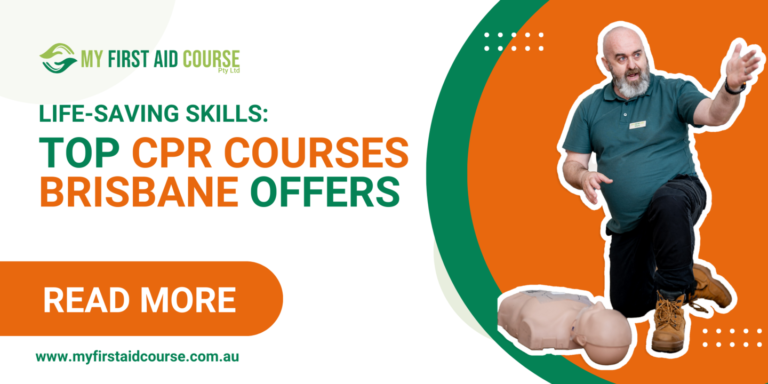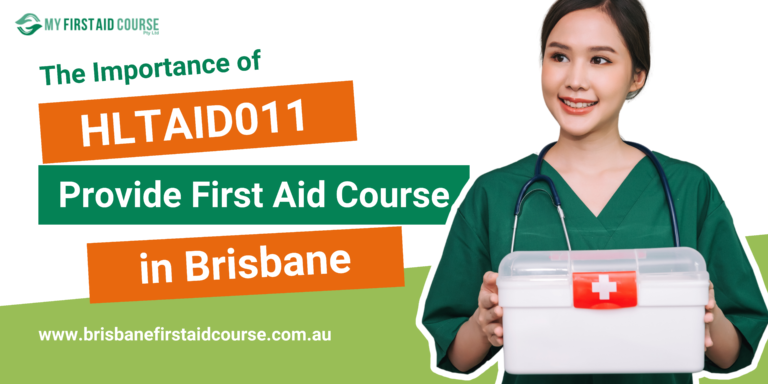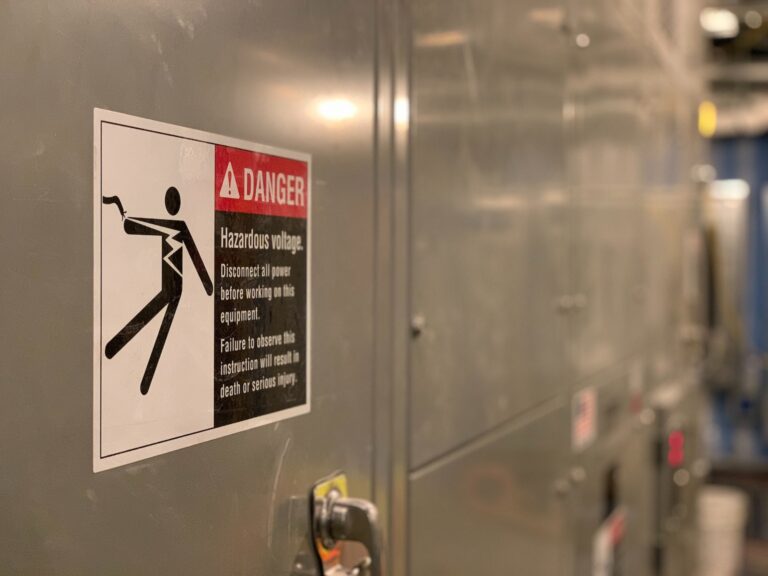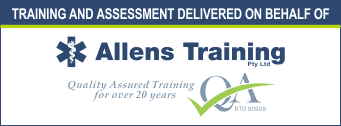As Brisbane confronts more health emergencies, the demand for skilled first aid responders is climbing. Here, you’ll get a solid grasp of the CPR certificate—what it entails, its significance, and the various certifications.
You’ll also discover how to start your journey toward becoming certified in CPR, including choosing a course, completing training, and taking the exam.
Discover the personal and professional value of holding a CPR certificate, and explore the specific requirements for healthcare workers.
Learn about certification renewal, online vs. in-person learning, costs, and tips for choosing a reputable provider.
Let’s make sure you’re prepped to step up when needed!
Ready to become CPR certified? Call us at 07 3872 6777 or visit our website to secure your spot online today!
Table Of Contents:
- Understanding CPR Certification
- The Process of Obtaining a CPR Certificate
- Benefits of Being CPR Certified
- CPR Certification for Healthcare Professionals
- Renewing Your CPR Certification
- Online Learning with Face to Face CPR Certification
- Cost Considerations for CPR Certification
- Choosing a Reputable CPR Certification Provider
- FAQs about CPR certificate
- Your Path to CPR Certification in Brisbane
Understanding CPR Certification
A CPR certificate isn’t just a piece of paper; it’s proof that you are appropriately trained.
It stands for Cardiopulmonary Resuscitation, and the certificate proves you’ve got the skills to save lives when every second counts.
So, what exactly does getting this life-saving credential involve? First, you need to know that there are different types of certifications.
The most common one covers basic life support (BLS) for adults.
But if you’re keen on being prepared for anything, consider an advanced course that includes pediatric CPR and automated external defibrillator (AED) training.
If you think about it like a football– basic certification gets you into the local league while going all-in with advanced training could see your skills playing in the big leagues.
Rewards Beyond Saving Lives
Beyond personal satisfaction lies professional advantages, too.
Holding current credentials often provides healthcare workers with an advantage at work.
However, even if medicine isn’t your field, knowing CPR can make everyone around you feel safer, including yourself.
Furthermore, employers appreciate candidates who go above and beyond, so yes—it can certainly strengthen your resume significantly.
The Process of Obtaining a CPR Certificate
The journey starts with choosing the right course for your needs. Maybe you want to improve your resume, or it’s all about being prepared for emergencies.
Either way, getting that certificate is simpler than you might think.
Selecting Your Course
First up, selecting a course that fits into your schedule and meets any specific requirements is crucial.
Finding a fit means weighing options like location, duration, and content against personal circumstances such as work commitments or family duties.
You could choose to express if time isn’t on your side or pick an online option if convenience is essential.
After choosing the date, it’s time to buckle down and learn lifesaving skills from experienced trainers.
Mastering The Training
Completing the CPR training involves hands-on practise — think manikins rather than real people.
It’s where theory meets reality; pressing the chest at just the right rhythm can make all the difference when seconds count.
This part is about mastering techniques under expert guidance because knowing what makes hearts beat (or restart) matters most when faced with emergencies outside classroom walls.
Nailing The Assessment
Last but not least, we have Assessment Day; proving yourself through demonstrating practical skills ensures competence doesn’t merely stay on paper but translates words into action whenever needed.
Passing the assessment is designed to test both knowledge and practical know-how, ensuring only those equipped to save lives earn their CPR certificate.
Benefits of Being CPR Certified
Gaining a CPR certificate is a significant achievement in your life. It empowers you to be the person who can make a difference in critical moments.
Being CPR-certified also has practical benefits beyond saving lives.
 Boost Your Employability
Boost Your Employability
In today’s job market, standing out is key, and having CPR certification on your resume could be an advantage. It shows potential employers that you’re prepared for emergencies and dedicated to safety.
Certification might be mandatory in some roles, particularly within industries with more common health risks.
In addition to fulfilling requirements for specific positions, it signals initiative and responsibility—qualities that every boss appreciates.
Elevate Community Safety Standards
A community with more CPR-trained individuals is like a safety net of countless hands ready to catch someone in crisis.
When you get certified, you don’t just protect yourself or your workplace; you contribute to raising the standards for public health everywhere, from schools to shopping centres.
Personal Empowerment & Peace of Mind
The confidence gained from correctly performing CPR cannot be exaggerated.
Imagine attending family gatherings or going on trips without worrying about what would happen if someone choked or suffered cardiac arrest because now you know how to perform CPR.
The confidence and peace of mind obtained from achieving this skill is priceless.
Promote Proactive Learning
If one person leaps into first aid training like the one provided here at My First Aid Course Brisbane, it inspires others.
People will ask questions about what to do in an emergency rather than panicking because knowledge has been shared by example.
Getting trained isn’t just personal development; it’s a community service.
CPR Certification for Healthcare Professionals
Healthcare professionals know the drill: every second counts regarding saving lives.
That’s why staying sharp with your CPR certification is not just a requirement but a lifeline in critical situations. So, what distinguishes the CPR certification requirements for healthcare professionals from those of the general public?
The Specifics for Those in Healthcare
In health care, being up-to-date with CPR techniques is as crucial as having a stethoscope around your neck.
You’re expected to have more advanced skills like using defibrillators. It’s about being ready to tackle cardiac emergencies directly.
With various levels like Basic Life Support (BLS), you’ll need training that matches your role on the front line.
A Constant Cycle of Learning
For healthcare professionals and everyone else, renewing their CPR certificate isn’t just a routine; it’s an opportunity to remain updated on the latest medical best practises.
The Australian Resuscitation Council recommends renewal annually because the guidelines are constantly updated.
Besides maintaining legal compliance, regular updates ensure you are always equipped with current knowledge that could be crucial in critical moments.
Navigating Your Options Like A Pro
Finding where to get re-certified can feel like navigating a maze blindfolded, but fear not.
Seeking courses approved by nationally recognised bodies, such as the Australian Skills Quality Authority (ASQA), will ensure your credentials holds significance throughout Australia.
You can choose a CPR course from face-to-face sessions that test muscle memory through hands-on practise and online modules perfect for refreshing theory between shifts.
Renewing Your CPR Certification
Keeping your CPR certificate up to date is essential for ensuring everything operates smoothly when needed.
So why do we renew? Staying current with CPR techniques can mean the difference between life and death.
The guidelines change as new research comes out, and let’s be honest, memory fades faster than fashion trends.
If you’re past that one-year mark since your last certification, listen up because this is where things get practical.
When to Renew Your Certificate
A CPR certificate must be renewed every 12 months, but always check the specific requirements tied to your work or industry regulations.
For instance, healthcare professionals often have tighter rules on their renewal periods due to clinical guidelines.
Pro tip: set a reminder three months before expiry so you’re not caught off guard.
Navigating the Renewal Process
Choose a quality refresher course that aligns with Australian Resuscitation Council standards.
During these sessions, you’ll typically undergo theoretical knowledge refreshers and hands-on practise scenarios.
Making Sure You’re Covered Professionally
Some positions require valid proof of competency as a prerequisite for involvement, meaning you need evidence to confirm your training and readiness.
But don’t worry; many employers are willing to assist in coordinating training sessions, recognizing the significance of these skills for both team safety and their own.
Online Learning with Face to Face CPR Certification
If you’re looking for an Online CPR Course, it’s tricky as a face-to-face assessment of your skills is required at a training centre.
The Convenience of Online Learning
First off, online courses are a ripper for flexibility.
You can get stuck into learning at any time that suits your schedule. And because they’re often self-paced, you won’t fall behind even if any task is given at work or home.
Zero travel is necessary, leaving you more time to grab a few extra minutes of sleep or squeeze in another episode of your favorite series before hitting the course.
The Tangible Experience of In-Person Training
Whilst watching videos of online content nothing beats real-life practise when mastering CPR techniques.
You’ll gain confidence by getting hands-on experience with manikins under expert guidance, knowing exactly how much force to use when giving chest compressions or rescue breaths.
You also get immediate feedback from trainers who’ve seen it before, ensuring you apply the techniques correctly.
Weighing up the Cost Factor and Checking Client Reviews
Cost is also a factor to consider in choosing a CPR course.
Generally speaking, online options may be easier on your wallet, while face-to-face sessions could set you slightly higher expenses to venue and equipment costs.
But remember, this isn’t just about the cost, but it’s about value for money based on what gets through best for you.
Be sure to check reviews before proceeding as some First Aid Training Companies do a brilliant job and this is reflected in their reviews.
Making Your Decision
To wrap things up nicely and neatly, think about what fits best with how you learn and practical stuff like time and budget.
Choose wisely since this skill might one day save someone’s life. Regardless of which path you decide to take, both lead to becoming proficient at saving lives.
Cost Considerations for CPR Certification
Spending money to get your CPR certificate might not be the highlight of your day, but it’s a smart move.
Think of it as an investment in yourself and those around you. So, what will this set you back?
Course and Cost Variation
First, there are different courses on offer – from basic first aid courses to advanced resuscitation courses – which means costs can differ quite a bit.
Depending on where you work, a standard CPR course, typically required every year or so, could have you part with anywhere between $50 and $100.
This usually includes theory and practical elements to help ensure you’re ready if someone needs help.
Advanced Training Costs for Healthcare Pros
Healthcare professionals often require additional training, such as Advanced First Aid Training, which can be more costly but is essential for their work.
Renewal fees are also regular, as maintaining sharp skills is essential in this job line.
These fees typically amount to around half of the initial cost, assuming no significant changes in guidelines or techniques exist.
Choosing the Right Learning Method and Be Sure the Course is Nationally Recognised in Australia
Now, here’s where things get interesting: online vs face-to-face learning.
If convenience is your choice, an online course might seem advantageous as it comes at a lower cost. Some non accredited courses are advertised for as low as $12 but be aware that you get what you pay for and these are not nationally recognised.
But don’t forget that hands-on experience counts when crucial time comes.
Face-to-face sessions give that personal touch and real-time feedback from seasoned trainers, which could make a crucial difference in an emergency.
Keep in mind it’s not one or the other. Online courses such as the ones My First Aid Course Brisbane run include a Face to Face assessment so you get both the convenience of learning online at home whilst also doing the practical assessment with qualified Trainers and Assessors at one of their many Training Centres.
Look For the Best Option
Compare providers based on cost and their reputation because affordability doesn’t always guarantee quality regarding matters of life and death.
Choosing a Reputable CPR Certification Provider
Finding the right CPR certification provider is like picking a reliable guide for bushwalking. It involves finding someone knowledgeable and dependable, ensuring a safe and successful experience.
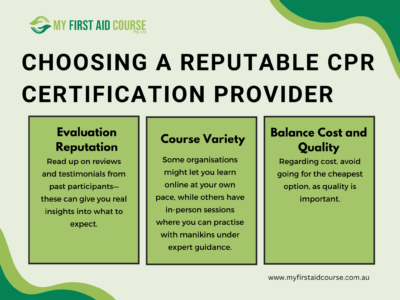
This ensures your training meets national standards.
Evaluation Reputation
A solid reputation counts, too. Read up on reviews and testimonials from past participants—these can give you real insights into what to expect.
Also, consider if they offer nationally accredited courses, which could be essential for certain professions or workplaces.
Course Variety
Different options are important when choosing CPR courses that fit your schedule.
Some organisations might let you learn online at your own pace, while others have in-person sessions where you can practise with manikins under expert guidance. Be aware that your need to be assessed on site to get a genuine qualification though.
Balance Cost and Quality
Regarding cost, avoid going for the cheapest option, as quality is important.
At the same time, there should be no hidden fees, so it’s essential to have transparency about all costs from the beginning.
FAQs about CPR certificate
Why is a CPR Certificate Important?
CPR certification provides life-saving skills for emergencies at home, work, or public places. It’s crucial for compliance in professions like healthcare, education, and childcare.
What Does The Training Involve?
You will learn crucial aspects like recognising cardiac arrest symptoms, performing chest compressions & rescue breaths correctly, using an Automated External Defibrillator (AED), managing choking incidents, etc.
How Long Is The Certification Valid For?
Typically a CPR certificate is valid for 12 months from the date of issue but this may vary depending on specific industry regulations or employer policies.
An annual refresher course is needed to keep your skills sharp and up-to-date with any changes in guidelines.
I’m Not In Healthcare – Do I Still Need A Certificate?
Absolutely! Emergencies can happen anywhere at any time – and you never know when your CPR skills might be needed. If you are an employer in Australia, you must be aware of the First Aid Code of Practice, which outlines how many First Aiders (Kits, etc) are required in each workplace to remain compliant.
Your Path to CPR Certification in Brisbane
A CPR certificate is a tool for helping others in critical situations. It’s more than just a piece of paper; it allows you to save lives in Brisbane and elsewhere.
Getting certified is not difficult but challenging. You’ve learned that by taking simple steps, you can go from a beginner to someone prepared for emergencies.
With certification, you gain confidence and the skills needed in emergencies. Whether you’re renewing or starting fresh, online or in-person, it’s about staying up-to-date in life-saving techniques.
Don’t let cost discourage you. Investing in a CPR course is an investment in valuable knowledge. Quality training ensures that every dollar you spend contributes to your expertise and reliability.
My First Aid Course Brisbane is more than a certification — it’s your opportunity to make a difference and stand up during critical moments.
Join us, and let’s make Brisbane a safer community together.
Don’t delay this vital training. Book your course now at 07 3872 6777 or visit our website to learn more!

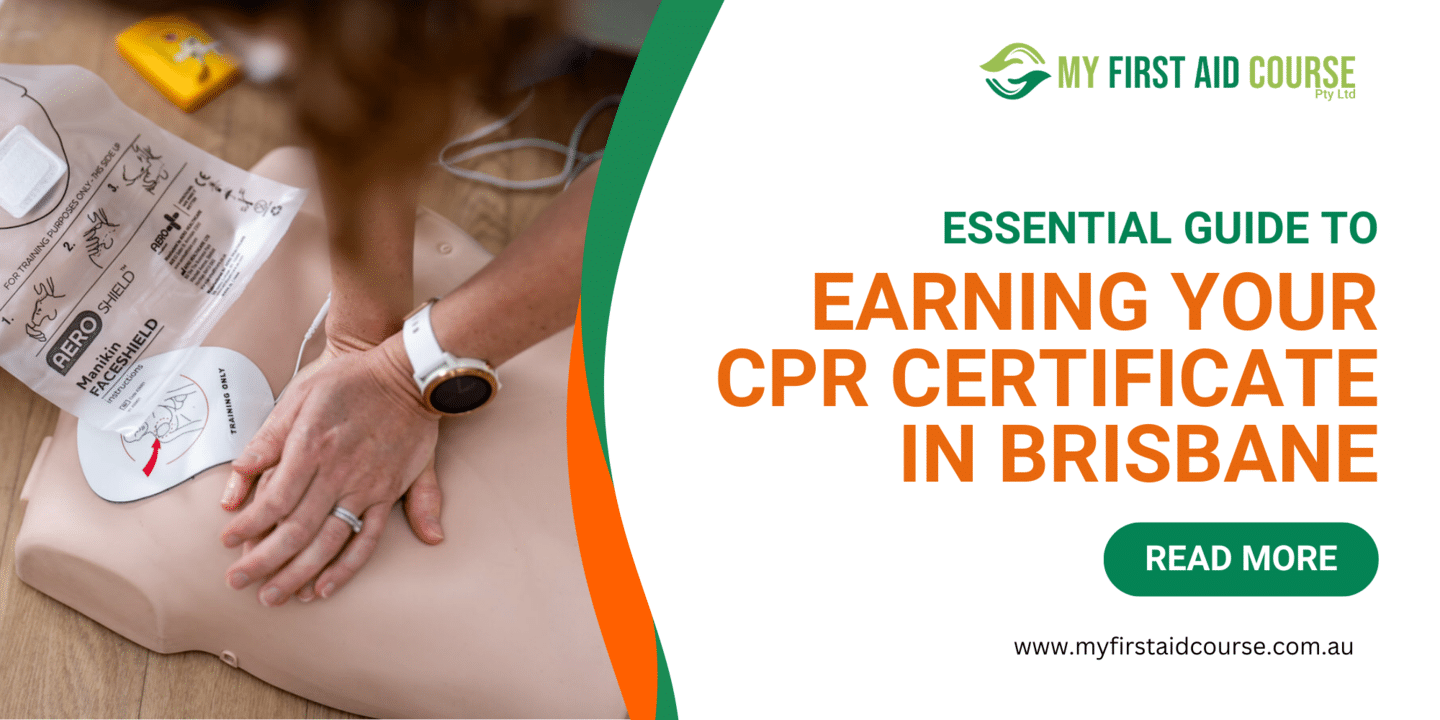
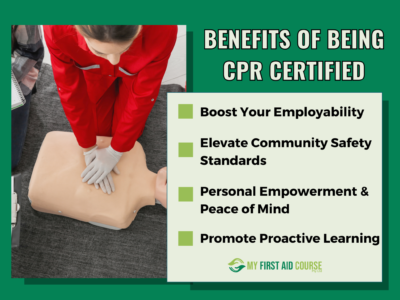 Boost Your Employability
Boost Your Employability
